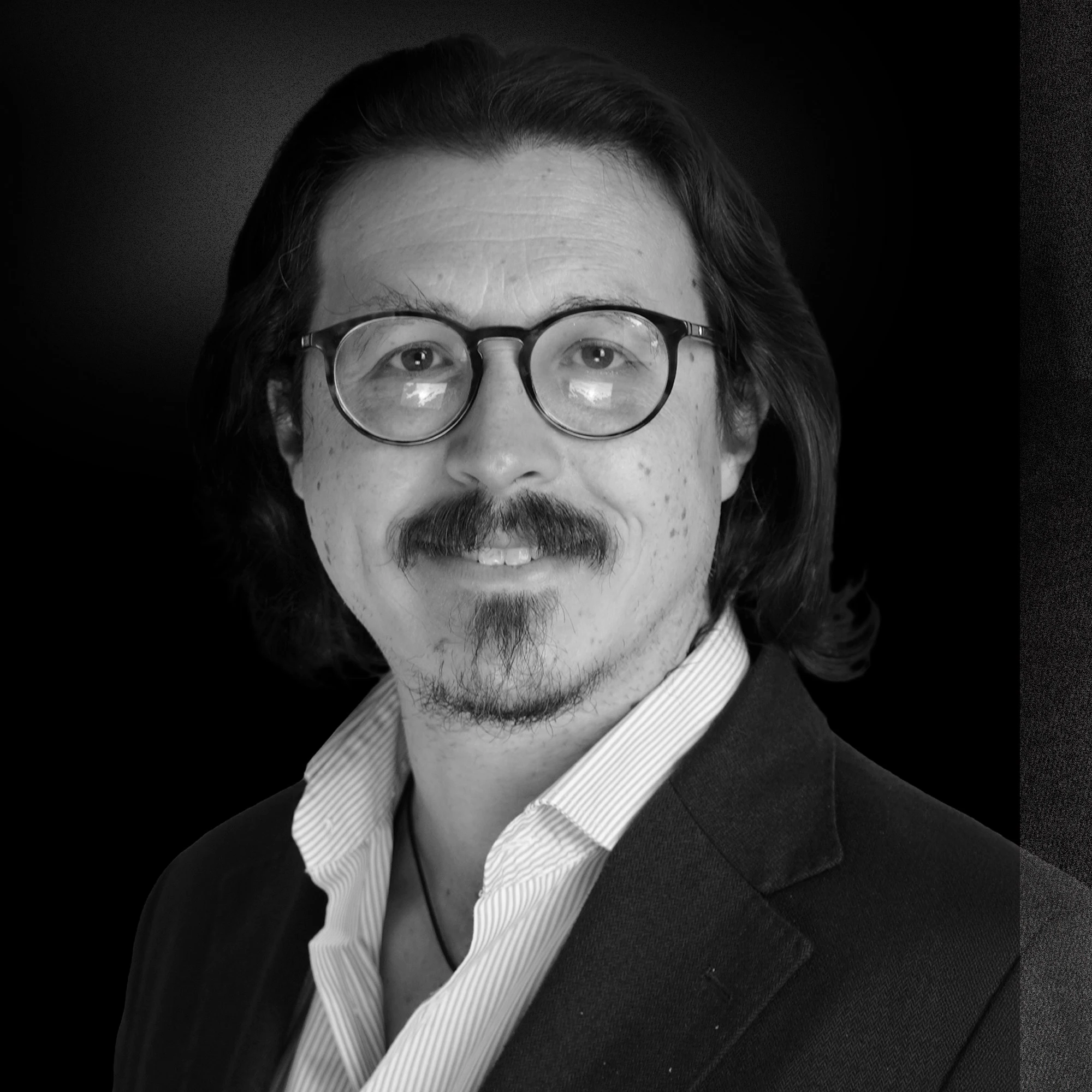This website does not use cookies. The contact form processes your information exclusively for email forwarding. Further information can be found in our Privacy Policy.

Whenever Europe speaks of crisis, his name reappears: David Engels, historian and publicist, known for his sharp diagnoses of the West’s condition. Born in 1979 in Verviers, he taught Ancient History for many years at the Université libre de Bruxelles before moving to Poland, where he served as Senior Analyst at the Instytut Zachodni in Poznań. Today, Engels teaches comparative history of civilizations at the “ICES” University in the Vendée, France, while residing in Belgium.
Engels is a scholar who searches the depths of antiquity for patterns that illuminate the present. His widely noted work On the Road to Empire draws parallels between the late Roman Republic and today’s European Union—a comparison that swiftly placed him at the center of public debate. For some, he is a pessimist speaking of the decline of the West; for others, a sober chronicler who sees the inevitable more clearly than most.
In essays and columns, lectures and interviews, Engels argues that Europe’s free societies risk collapsing from within: through loss of orientation, erosion of shared values, and a political class blind to the signs of the times. His voice is never shrill, but marked by historical depth and personal gravity.
Yet Engels is no resigned prophet of decline. In more recent writings he outlines possible paths toward a “post-liberal Europe”—conservative, identity-conscious, spiritually renewed. In doing so he polarizes, but he also reopens a space for discourse many had considered buried.
David Engels thus stands as emblematic of a generation of intellectuals unwilling to retreat into academic seclusion. He unites the discipline of the historian with the urgency of a public admonisher—making himself, whether by choice or consequence, one of the defining voices in the struggle over Europe’s self-understanding.